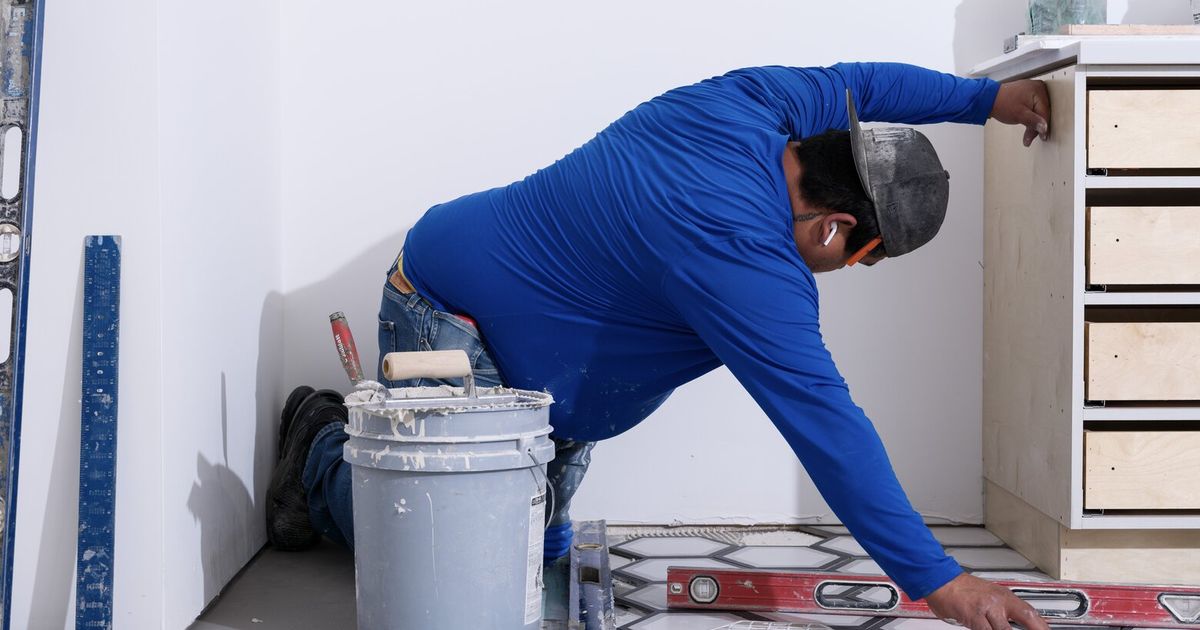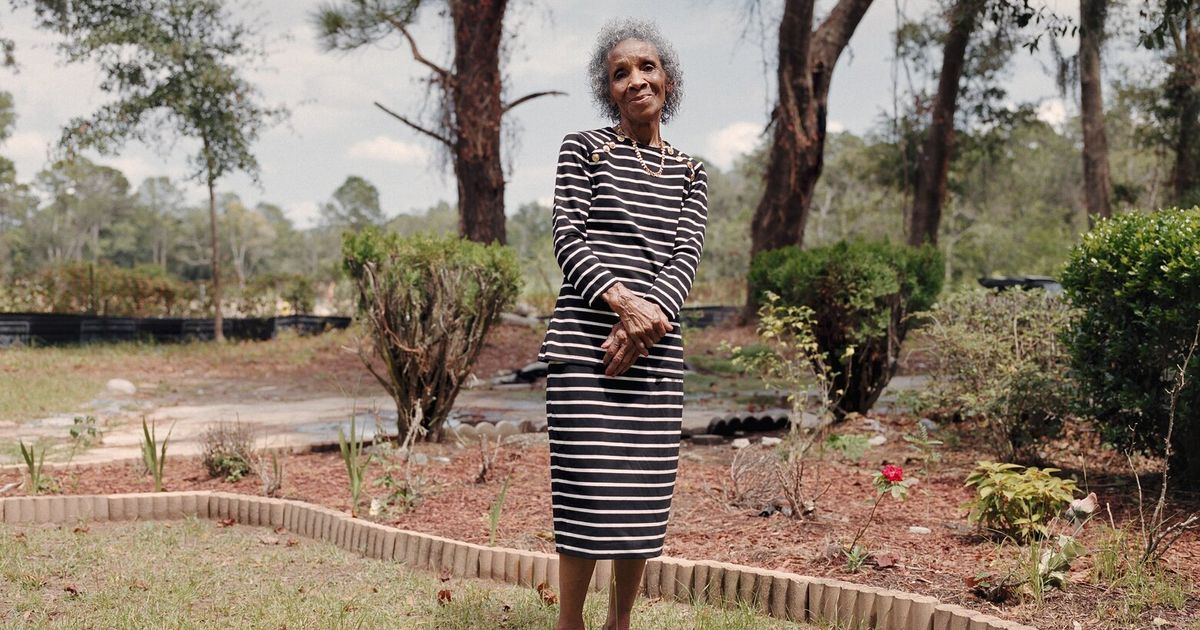Park City, in Summit County, Utah, a playground of the rich and famous, will benefit from new … [+]
The nation faces a critical shortage of not only affordable housing, but workforce housing. Nowhere is that shortfall more pronounced than in America’s top ski towns. Playgrounds of the ultra-rich, these hamlets have endured an ever-worsening dearth of housing for the people who work in the hotels and restaurants, as well as the folks who staff police, fire and EMT departments, hospitals, schools, and libraries.
Ski capital and year-round tourist draw Park City, Utah has recently served as a poster child for the housing mismatch. In Park City, the lack of workforce housing has become so dire in recent years that according to reports, only 15 percent of the city’s workforce reside within the city limits. One report found a dozen seasonal workers forked out $1,000 a month each to share a one-bedroom Park City apartment. A local real estate development firm has stepped up to address the situation with an innovative solution. But first, let’s look at housing initiatives in a couple other great American ski meccas.
New efforts
A number of municipalities are taking action to ensure housing is available for workers comprising the backbone of the workforce in ski towns favored by the one percent. One of the world’s most expensive ski towns, Aspen, Colo., is welcoming an initiative called the Aspen Lumberyard Affordable Housing project, slated to deliver 277 new housing units that are affordable for everyday people working in the city.
Meanwhile, the town council of Breckenridge, Colo. has introduced a new program designed to assist townspeople in obtaining affordable housing.
The city’s Housing Helps initiative is providing incentives to real estate buyers and homeowners encouraging them to deed restrict their market rate properties, thereby helping ensure the continued availability of housing for locals.
Also in Breckenridge, a twin-phase affordable housing development called Alta Verde saw 80 apartments delivered last year, affordable for those with incomes at 60% of Area Median Incomes (AMI). This development is close to full lease-up.
Phase II, slated for completion in 2024, will feature 174 rental housing units spread across four structures. Half the units will be affordable for individuals and families earning 80% of AMI.
New enclave
Crandall Capital’s Studio Crossing project in Park City, Utah, slated to break ground in 2024.
Back in Park City, homegrown company Crandall Capital has committed itself to the mission of addressing the city’s housing mismatch. The company’s new project, Studio Crossing, will break ground next year. A 320,000-square-foot sustainable development offering housing, retail and dining, the project also calls for open-air community spaces.
Studio Crossing will result in the creation of an entirely new Park City enclave, offering affordable apartments and market-rate townhouses and condominiums.
Crandall Capital will develop the affordable studio to three-bedroom apartments without using state or local tax dollars. The development will also offer 50 market-rate two- or three-bedroom townhomes intended for the city’s working professionals and older adults seeking to retire in the city they’ve called home for years.
In addition, Studio Crossing will feature retail and dining space for locally-cultivated storefront shops, restaurants and service businesses, intended to provide Park City with a diverse mix of commercial enterprises enriching the community. Additional components of the ambitious plan include environmentally driven initiatives such as a public transit station with service to downtown Park City as well as Salt Lake City. The eco-conscious mix will also include electric car ports, an e-bike share program, low-emitting building materials and water-wise plantings, among other solutions.
“This project addresses so many needs of Park City, while considering the environment to protect the natural beauty of the area, two core values that drive our planning for every project we take on,” says Gary Crandall, who with sons Ryan and Matthew holds the reins at Crandall Capital.
















